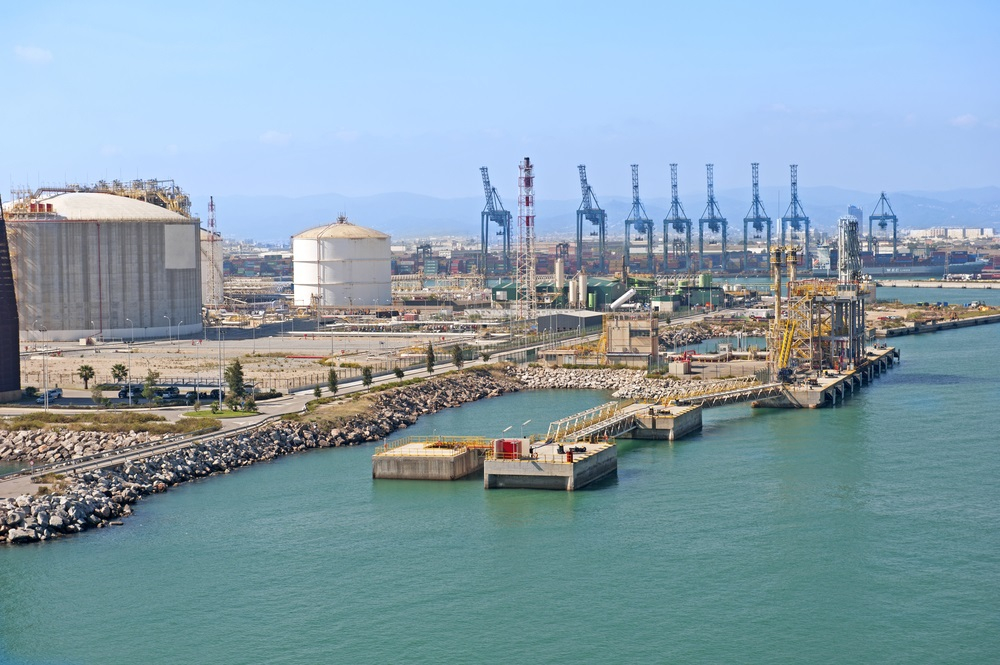
Practical information
The European energy market has to face numerous challenges to achieve a successful transition towards a low carbon economy, to preserve its competitiveness and to ensure its security of supply.

While the EU Communication on the Energy Union published in February 2015 has given new impetus to Europe’s gas policy, the EU gas market has to deal with a new environment both in terms of supply and demand.
The debate will be an opportunity to discuss the future perspectives of the EU gas market. It will specifically address the relations between EU and Russia at a crossroads, the declining production in Groningen in the Netherlands and the global trends on the LNG market, with an emphasis on the US LNG.
Ifri Center for Energy organizes a roundtable conference with:
- Marie-Claire Aoun, Director Center for Energy, Ifri
- Sylvie Cornot-Gandolphe, Associate Research Fellow, Ifri
co-authors of the study, “The European Gas Market Looking for its Golden Age?”, Les Etudes, October 2015. - Jean Abiteboul, President, Cheniere Marketing Ltd
- Geert Greving, Head of Public Affairs, GasTerra B.V.
Chaired by Olivier Appert, Senior Advisor, Ifri, Chairman of Conseil Français de l'Energie (French Committee of the World Energy Council)
The debate will be held in English under Chatham House rules.
Related Subjects
Other events

From Ambition to Action: Exploring Technological Partnerships with India
The 16th EU-India Summit, held on January 27th in New Delhi with European leaders António Costa, Ursula von der Leyen, and Prime Minister Narendra Modi, marks a significant milestone in deepening EU-India relations. At the same time, official bilateral visits from EU member states are on the rise, including that of the French President, who visited India in February to participate in the Artificial Intelligence Summit. As India asserts its technological ambitions and seeks to reduce its dependence on China, Europe is stepping up its efforts to diversify its strategic partnerships.

The Enlargement of the European Union: A Strategic Choice? France, the Western Balkans and the EU in an Uncertain Geopolitical Context
Russia’s war against Ukraine has brought the enlargement of the European Union back to the centre of European strategic debates. In this context, the Western Balkans have regained heightened visibility in discussions on the continent’s security, at a time when the international environment is marked by a growing number of destabilising factors.






